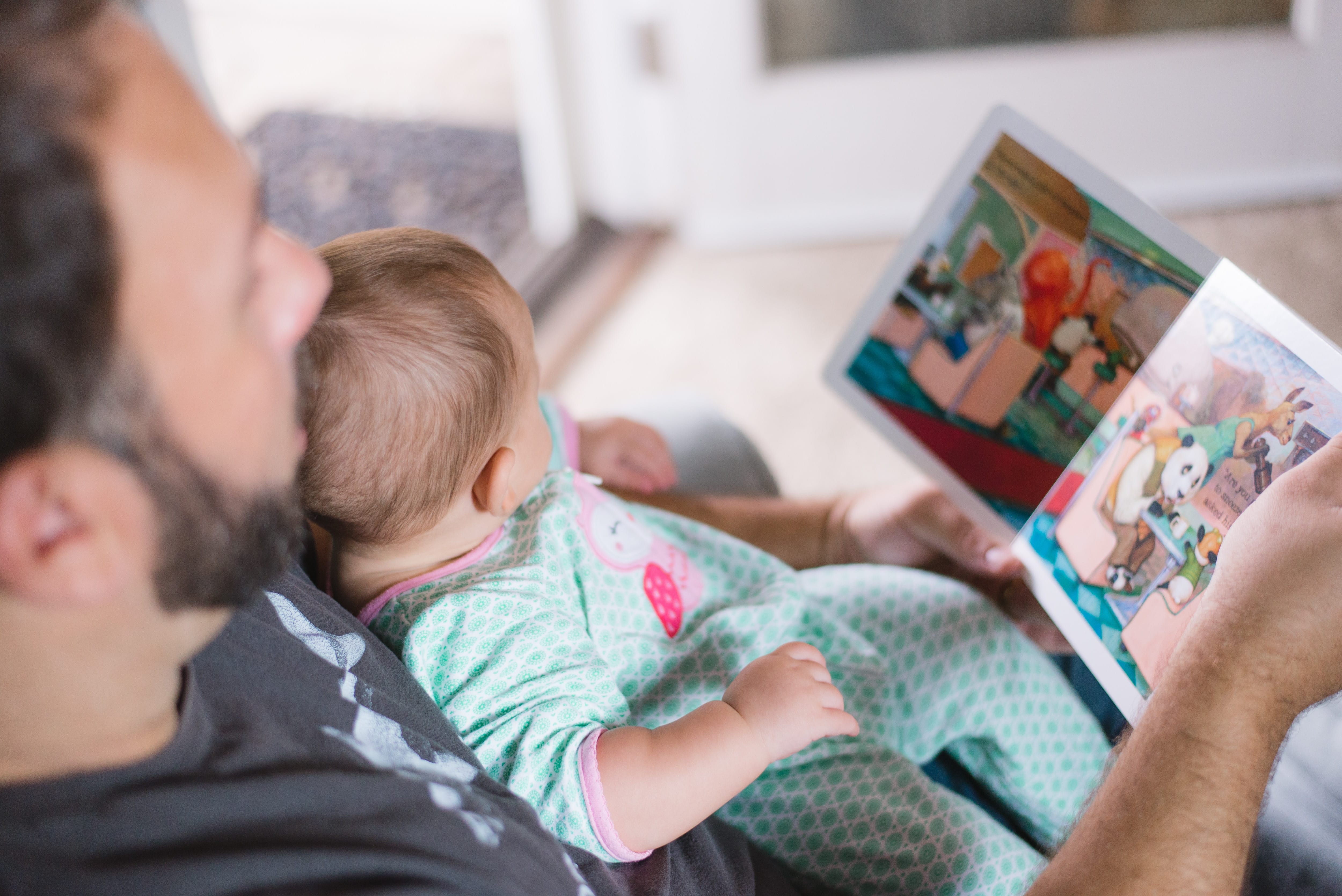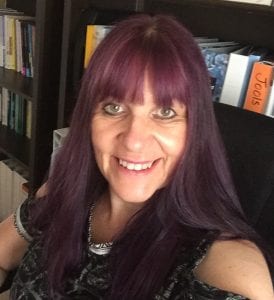
Children need ‘professional’ love
Celebrities and clergy exposed in the media for abusing children have helped create a “climate of wariness and suspicion” among early years practitioners and other professionals who work with babies and young children, according to a University of Brighton expert.
Many are nervous to show affection and one in five practitioners questioned said they avoid being alone with a child.
But Dr Jools Page believes that “close, intimate and trusting relationships” are essential for infants, toddlers and young children: “In the context of education and care this is ‘professional’ love.”
In her former role as an academic at the University of Sheffield, Dr Page, set up a research project to “examine how those who work in early years settings can safely express the affectionate and caring behaviours which their role demands of them”.
The Professional Love in Early Years Settings (PLEYS) project, funded by the University of Sheffield Innovation, Impact and Knowledge Exchange, was co-produced in collaboration with eight Fennies nurseries in the South East.
The research involved an online survey with almost 800 practitioners, interviews, and focus groups with participants from all eight nurseries. As an outcome, Dr Page compiled an ‘Attachment Toolkit’ comprising development materials to help practitioners develop a “cycle of reflective practice in order to show professional love”.
Dr Page, now Senior Early Years Lecturer in the University of Brighton’s School of Education, conceded that showing love in an early-years setting might set alarm bells ringing – the exposure of abusive media celebrities and clergy, she said, has led to a “climate of wariness, if not suspicion, which has grown around the general issue of adults’ professional relationships with very young children”.
But, she said, children need love, and to help practitioners, the toolkit provides practical support so they are able to critically evaluate their everyday practice. It encourages practitioners to talk to each other about the complexities of personal and professional anxieties involved in their work.
Most practitioners who responded to the survey said they were comfortable employing professional love practices such as hugging and sensitive touch to build trust and security and were aware of statutory safeguards and advice. That said, many wanted to feel more confident about showing love and care. Some felt uncomfortable being alone with children and one in five said they avoided doing so.
Dr Page said this is where dialogue between professionals is essential, for defining what acceptable ‘professional love’ should be: “Dialogue examining terms such as love and intimacy can only help better equip those who work in the professional roles”.
The study findings showed an urgent need for practical advice and guidance for early years professionals at all qualification levels who are wanting training which explores notions of love, intimacy and care and without it, Dr Page contends “the emotional needs of infants and young children are at risk of being neglected which could ultimately be disastrous for them”.
Find out more about the PLEYS project.

